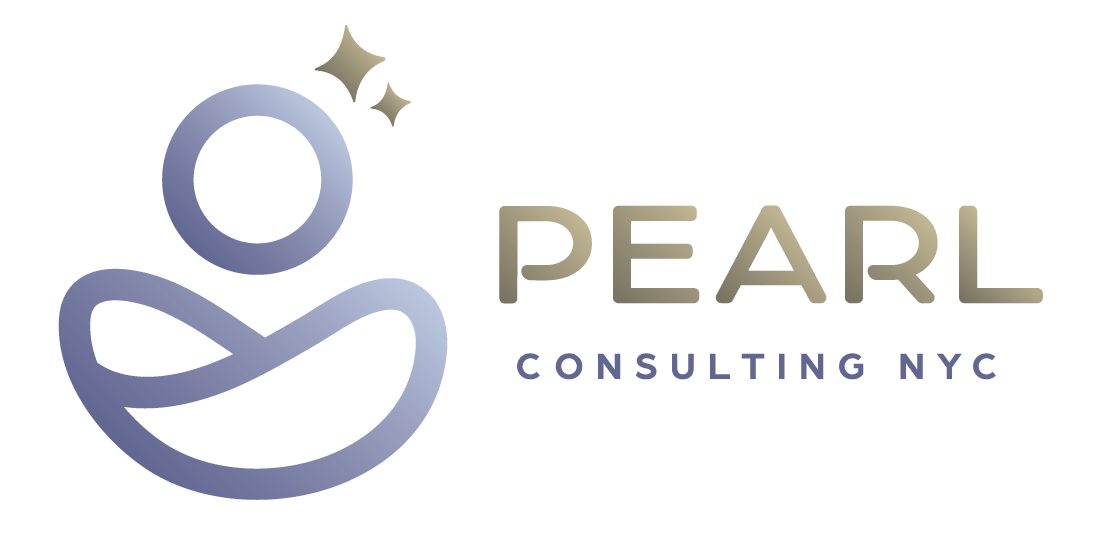Blogging for Humans, Not SEO Overlords
For many years, marketing gurus have advised small business owners and solopreneurs to blog for SEO (Search Engine Optimization). And it’s true that adding expert content to your website containing the right keywords can persuade our Google overlords that you’re an authoritative source who deserves a higher rank in search results. But over-focusing on SEO can also result in a lot of keyword-driven content that lacks personality and human connection.
SEO isn’t close to being the only reason to blog. There’s a lot of power in blogging, and here’s how you can use it to help your business.
Blogging is about more than letting “the algorithm” decide your worth
Blogging is an important way to connect with clients and prospects. It’s a much lower-cost, lower-barrier way to create content than starting a podcast or producing slick videos. It can win over the skeptical and help you avoid answering the same questions over and over. And, if done well, it can help potential clients decide whether you’re the right fit for them.
While some people choose a business from a colleague’s recommendation or a positive initial impression, many still have questions and want to know more about you. They want to know that you know what you’re doing, that your point of view is in alignment with their values, and that they’ll be comfortable working with you. And while the Services, About, and FAQ pages of your website can answer some of those questions, those answers may not be specific enough.
Through your blog posts, you can create an entertaining and informative way for website visitors to understand the nuances of how you’re uniquely qualified to help them solve their problems. You’ll also avoid forcing those who just want an overview of your offerings to slog through an overly long and detailed services page.
Here are three ways you can use blogging to benefit your clients beyond SEO keywords:
To share your industry expertise in detail
You know a lot! By sharing your perspective through your posts, you can give website visitors something to think about, offer new ways of doing things, and provide your perspective on what’s currently happening in your field. This is known as thought leadership - through offering your expertise, you establish yourself as knowledgeable and helpful.
When you offer a service, people want to be convinced that you have the right solution for their needs and are the right person to provide it. Your solution may be the right one for certain people, and if you’ve blogged about that then people who need what you offer and like your approach will instantly know where they want to go for help.
To show how you’ve helped clients
Client stories or case studies are a great way to show potential customers exactly what you do and how you could help them. It’s a good idea to include a couple of these on your services page, but you’ll want to keep them reasonably brief. On the other hand, you can tell a much longer, more compelling story in a blog post to showcase complete, successful customer experiences. Those detailed stories can also reveal more about your process and show how you work with people.
To give detailed answers to common questions
If you run a business, it’s likely that you get asked the same questions all the time. This is why it’s useful to have an FAQ on your website. You can save a tremendous amount of time if people don’t have to call you for those answers.
FAQs are great for short answers to simple questions, but the more esoteric and involved questions may require longer answers. And, if the answer has multiple parts depending on the circumstances, or you have a really unique point of view about how you’d solve the problem, an FAQ may not be the right place to include it.
The answers to more complex questions are perfect material for blog posts.
Blogging has considerable power beyond SEO keywords
The focus on blogging for SEO is understandable, because most businesses would like more people to visit their website. But focusing exclusively on SEO can tempt businesses to use content mills or A.I. tools to write their blogs, because they think all that really matters are the right keywords.
There’s no point in pulling people to your site if it’s just a bunch of mediocre or generic content they can get anywhere. It doesn’t help them to choose you over any other business.
Focusing on SEO can make businesses forget that the most important thing is converting human visitors into your customers. Blogging is an important way to connect with people, showing them who you are and making the case over and over that you are someone they should want to work with.
Blogging for small businesses and solopreneurs happens to be one of our favorite - and most frequently requested - writing services. So if you’ve wanted to blog but haven’t started, or have some ideas about what you’d like to convey and want to bounce them off of some professional writers, schedule a consult and we’d be happy to help you come up with the right blogging strategy for your business.

